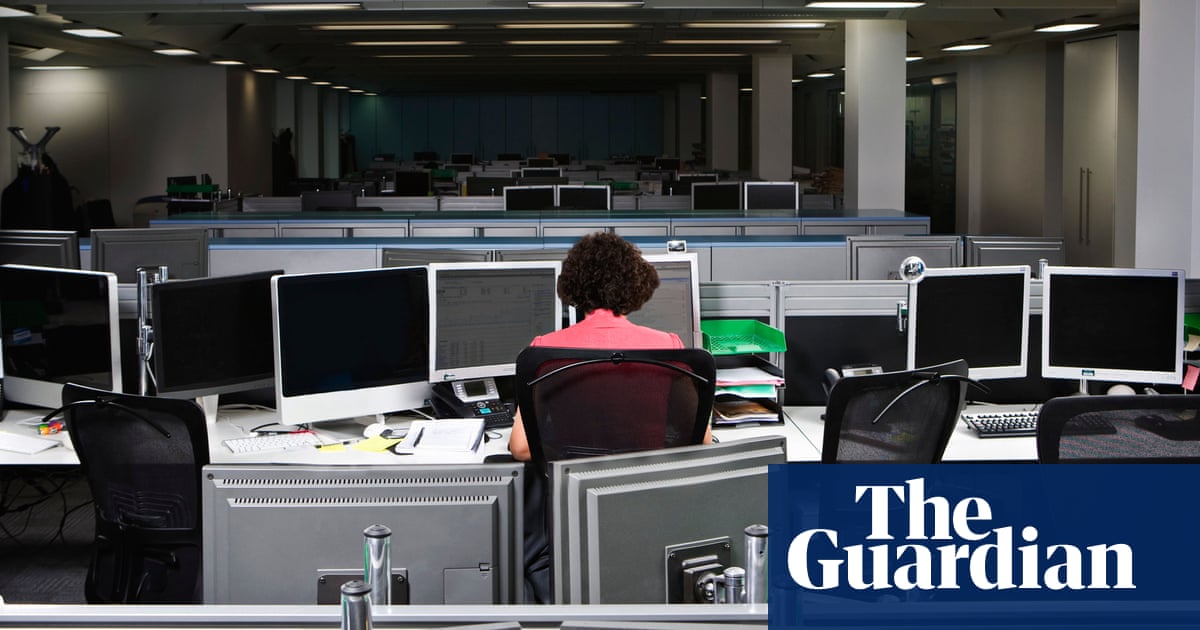
Most bosses secretly want to get all staff back to working in the office, according to the head of Britain’s leading business lobby group.
Tony Danker, the director general of the Confederation of British Industry (CBI), said the whole world of work had “gone crazy” since the coronavirus pandemic, which led to a shift to more working from home for many people who used to work solely from the office.
“You ask most bosses, everybody secretly wants everyone to come back to the office,” said Danker, who represents the interests of 190,000 UK businesses.
“I just don’t think that is going to happen overnight,” he said on the BBC’s Political Thinking podcast. “I think we are all coping with this but we’re going to be talking about it for a few years. I think the whole world of work has gone crazy. We have no idea where it is going to land.”
Companies moved to remote and flexible working during the Covid pandemic but many have tried to get staff back to offices since restrictions were lifted.
Sectors such as banking have been quick to call staff back to offices, although in September HSBC told staff it was looking at whether to keep its global headquarters in Canary Wharf, where it has been based for more than two decades, after its lease for the 45-floor tower expires in 2027.
However, other industries have maintained flexible working policies, with many staff saying they find the mix of office and remote working beneficial for productivity, health and wellbeing as well as a significant cost saving over full-time commuting amid the cost of living crisis.
Research released by the online work platform LinkedIn in November found that 49% of companies would prefer staff to work more from the office, with 10% planning to force a return over “productivity paranoia”.
However, the research found that 34% of workers said they would quit if they were told to return to the office full-time, and 58% said they would be less productive at work if flexible working policies were scaled back.
According to the Office for National Statistics, the number of people who are economically inactive – people aged between 16 and 64 not looking for work – is at a higher level than before the pandemic.
“We are going to work with companies to make sure that they can bring you health support and wraparound care to absorb yourself back into work,” Danker said.












